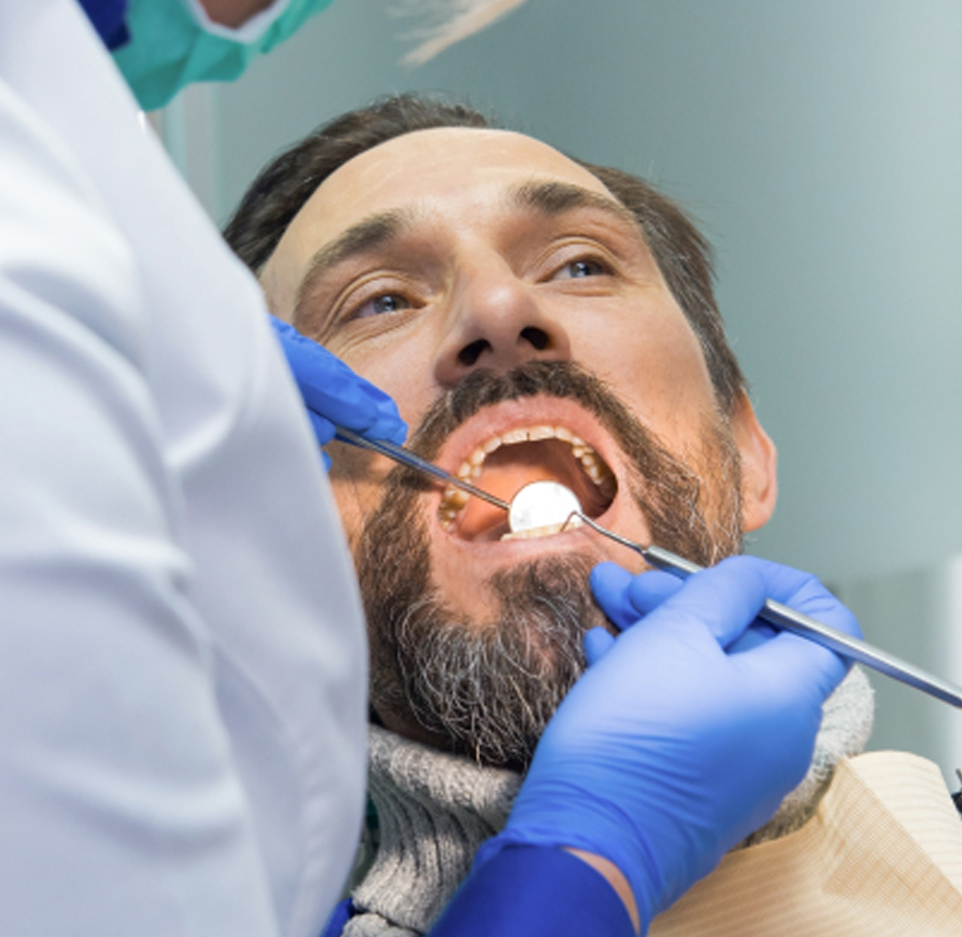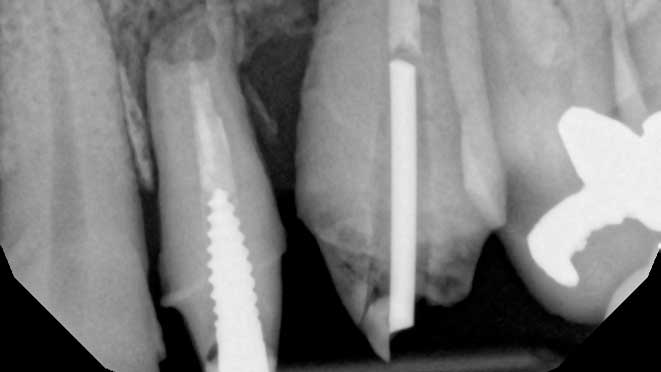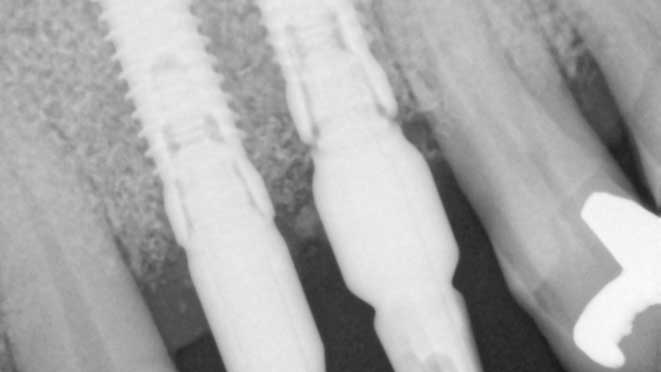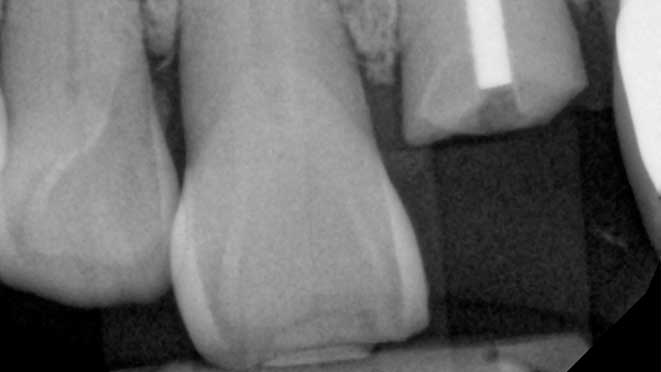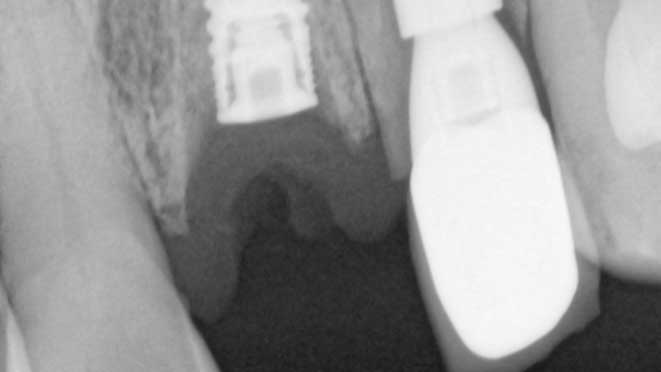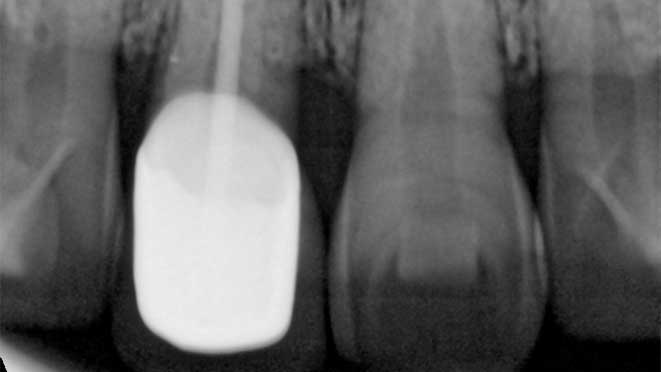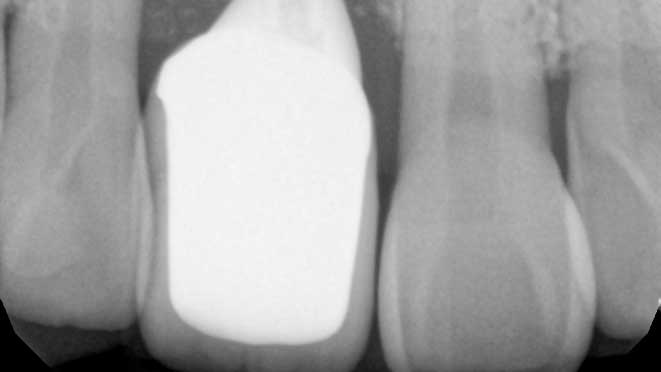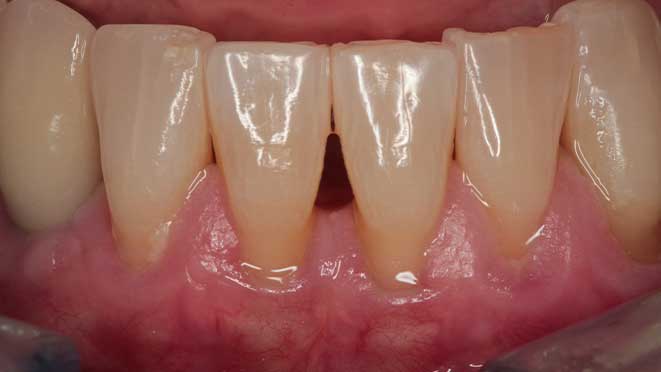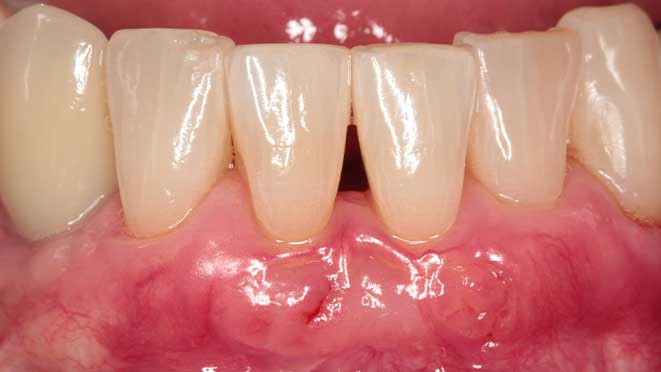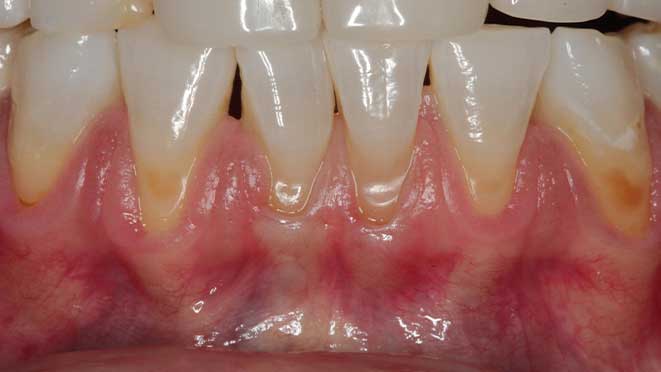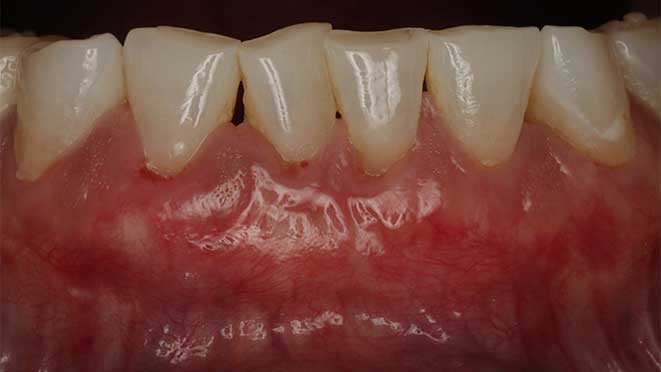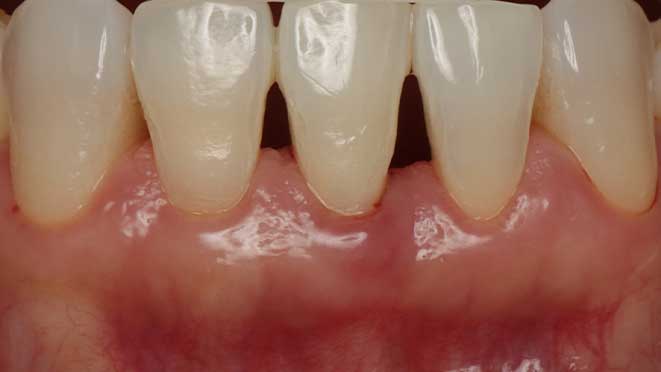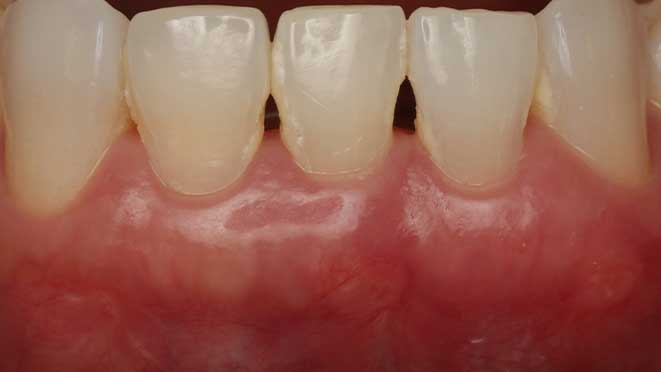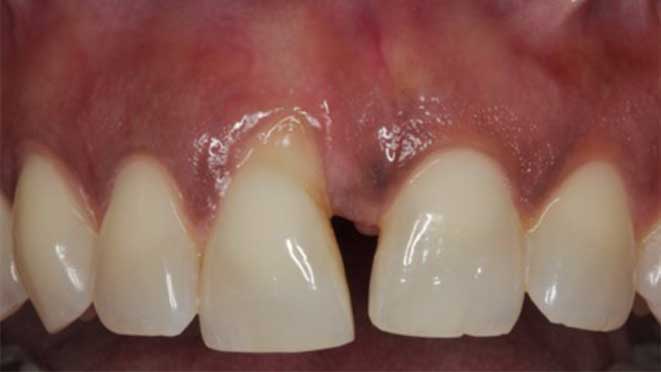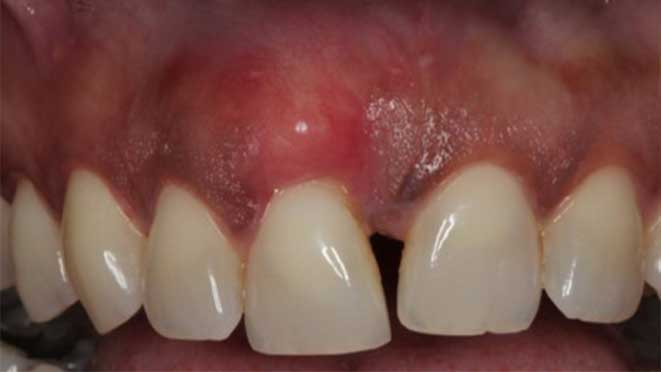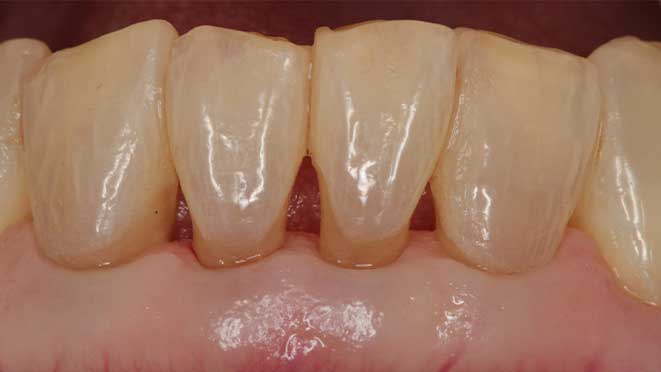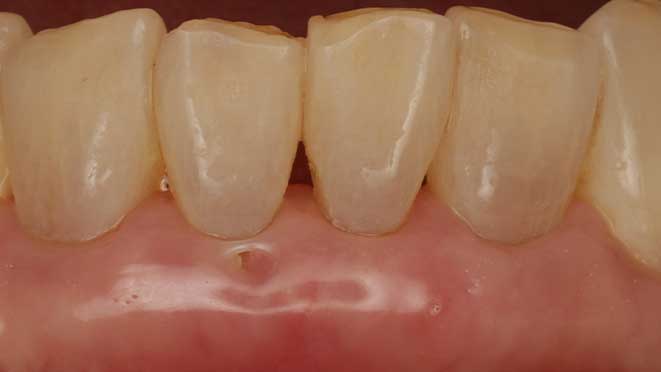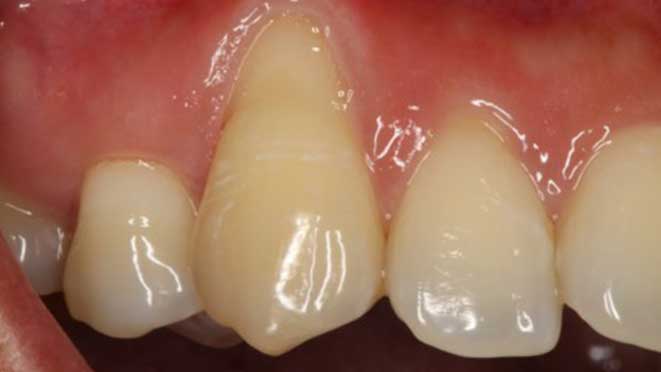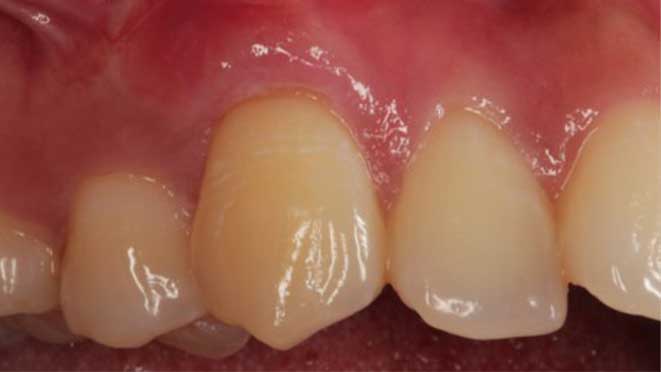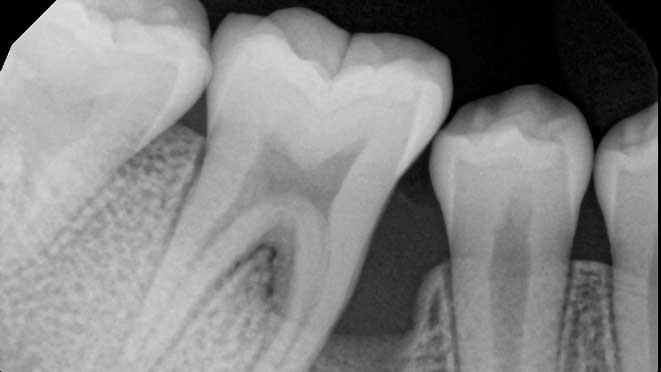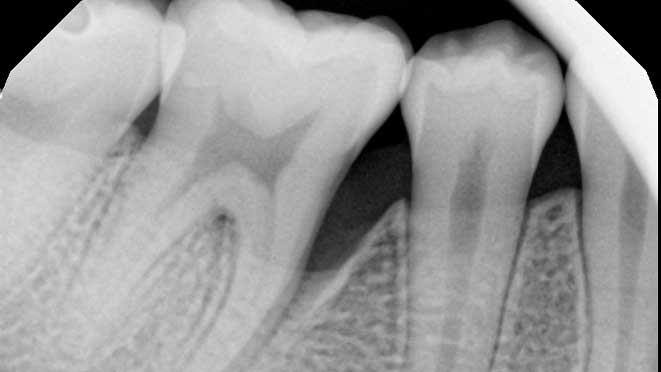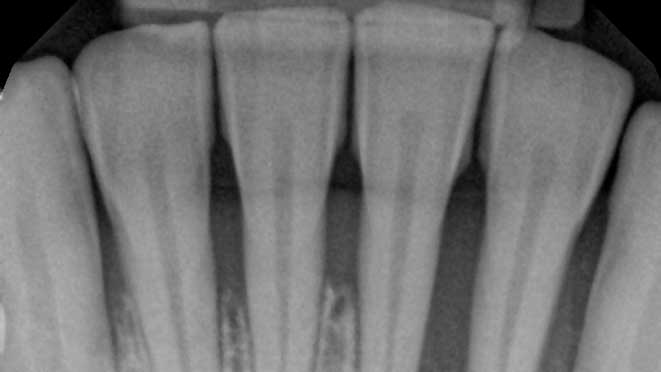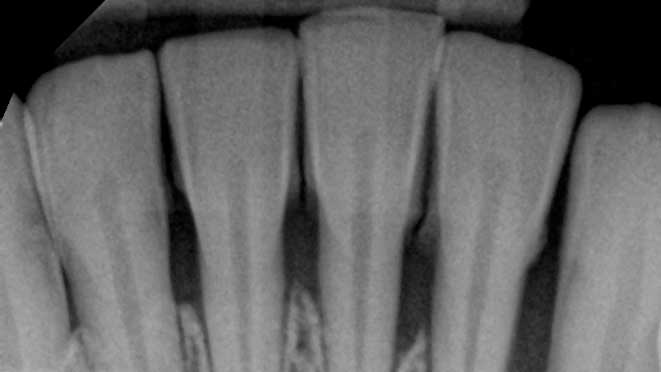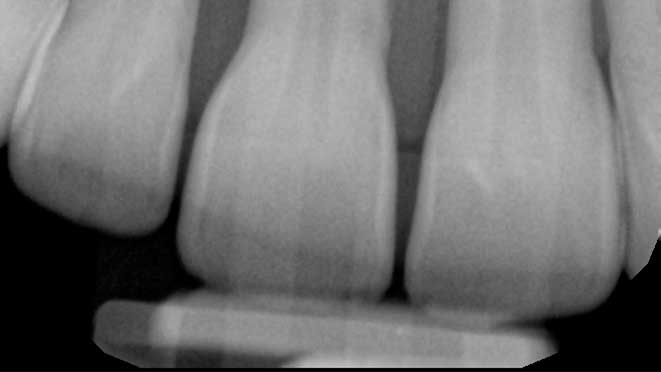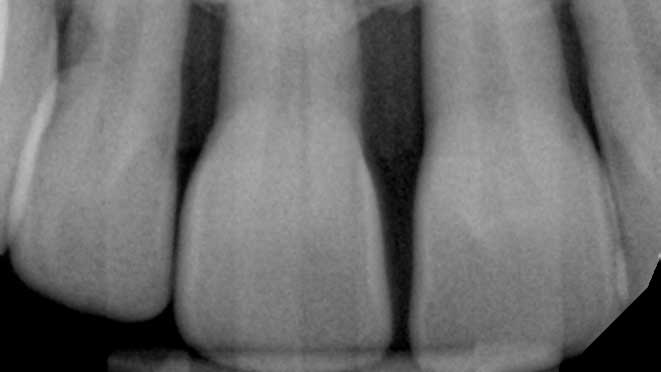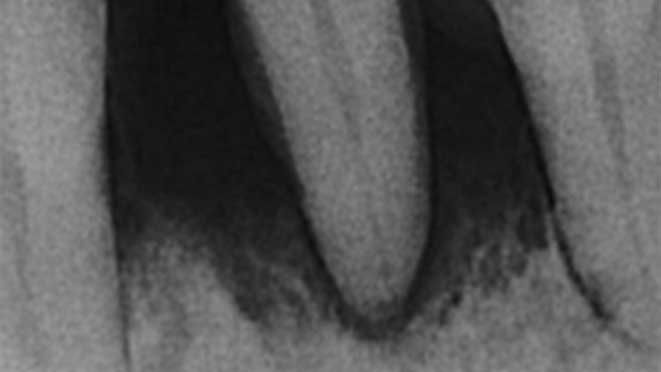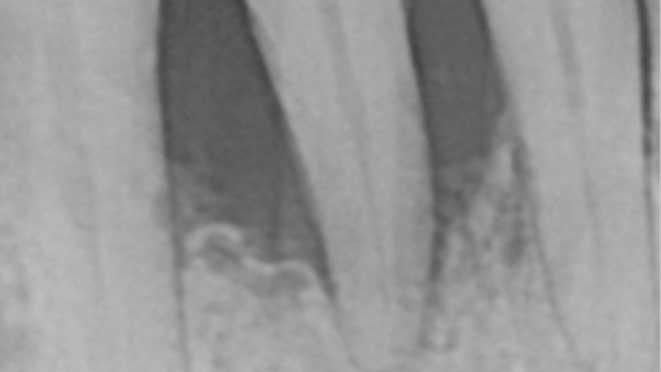
Understanding LAPIP® as an Effective Treatment Option for Peri-Implantitis
Peri-implantitis is a serious oral health condition that can result in implant failure. It occurs when the tissues surrounding a dental implant become inflamed and infected, leading to bone loss and eventually implant failure. Studies have shown that peri-implantitis affects between 20-40% of dental implant patients. Therefore, it is crucial to seek timely treatment to prevent serious health complications. In this blog post, we will discuss what peri-implantitis is, the causes and risk factors associated with it, and most importantly, the LAPIP® treatment option available to patients.
Understanding Peri-Implantitis
Peri-implantitis is a dental disease that affects the tissues surrounding a dental implant. It is different from periodontal disease in that it affects the gum tissues around a dental implant instead of natural teeth. Poor oral hygiene is the leading cause of peri-implantitis. Other risk factors include underlying medical conditions such as diabetes and genetics.
Symptoms of peri-implantitis may include redness, swelling, and bleeding around the implant area, pain when chewing, and bad breath. If left untreated, peri-implantitis can lead to implant failure, bone loss, and surrounding tissue damage.
